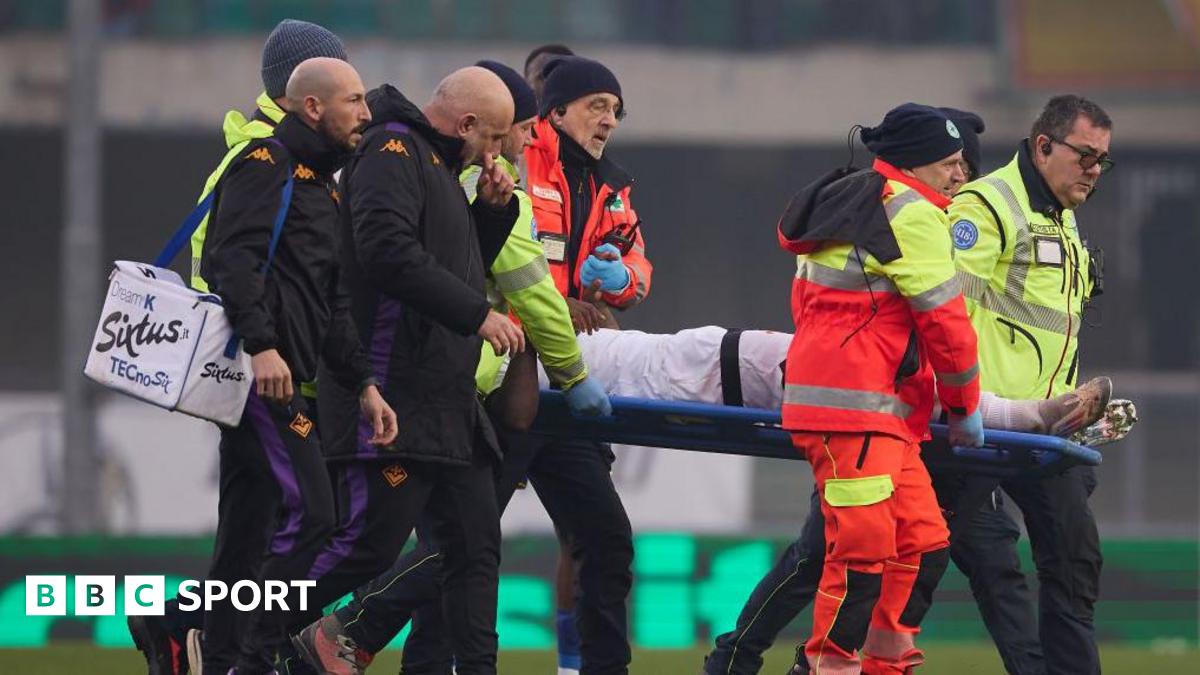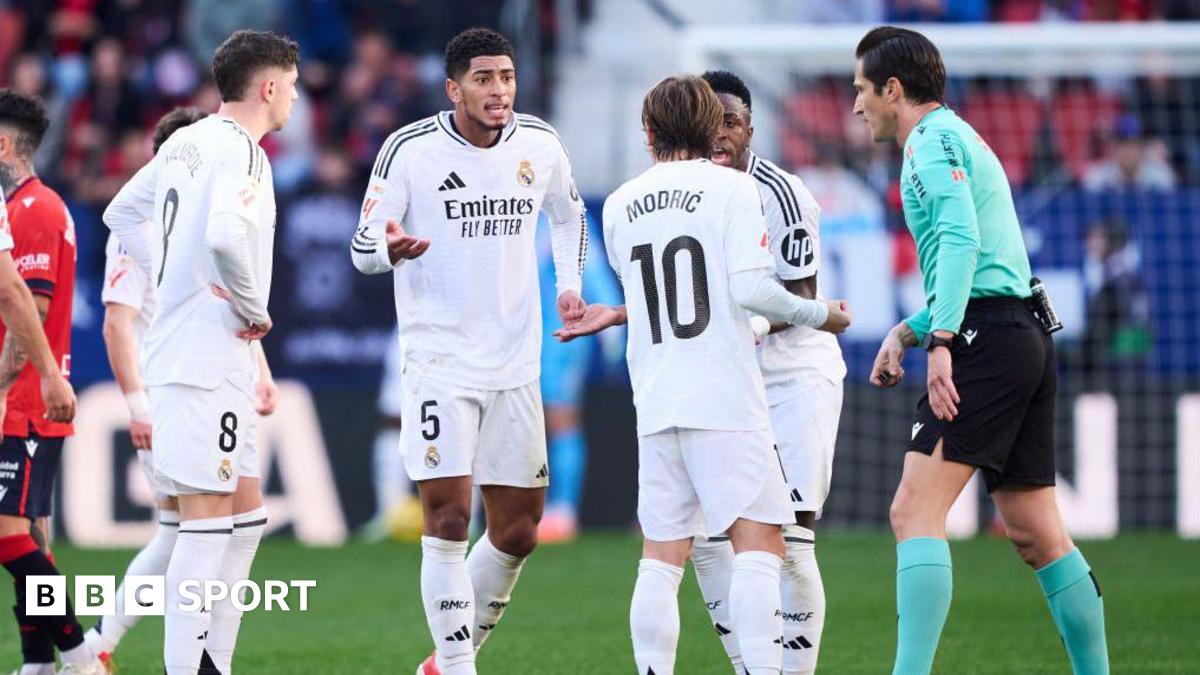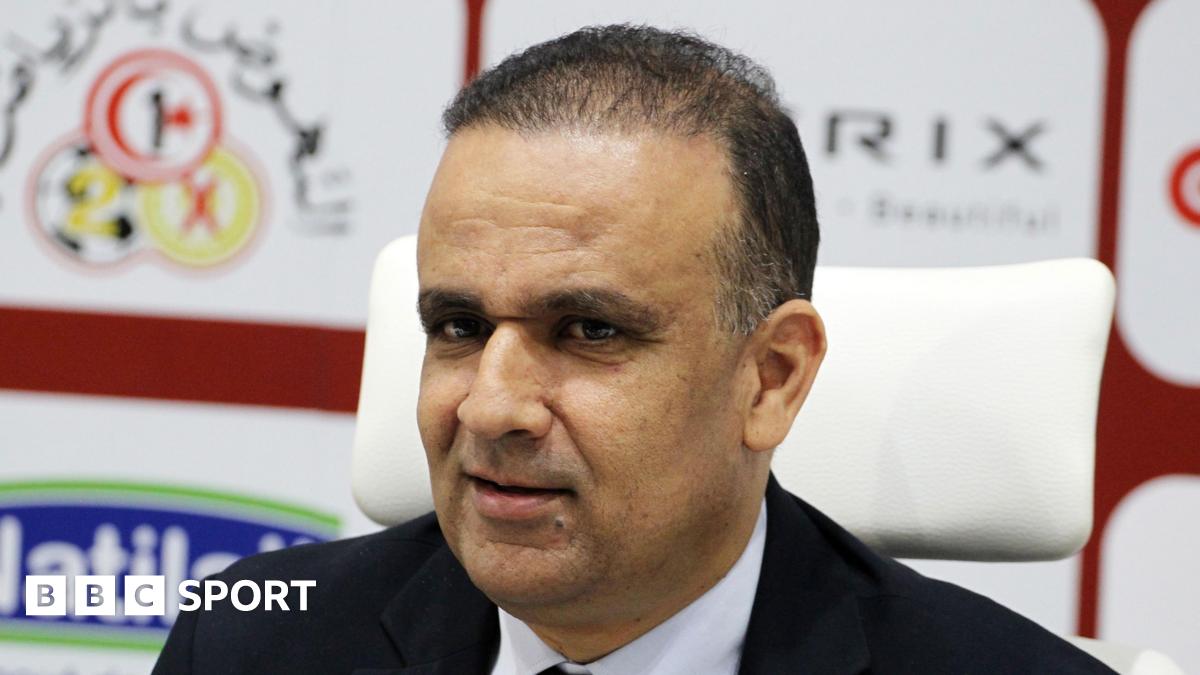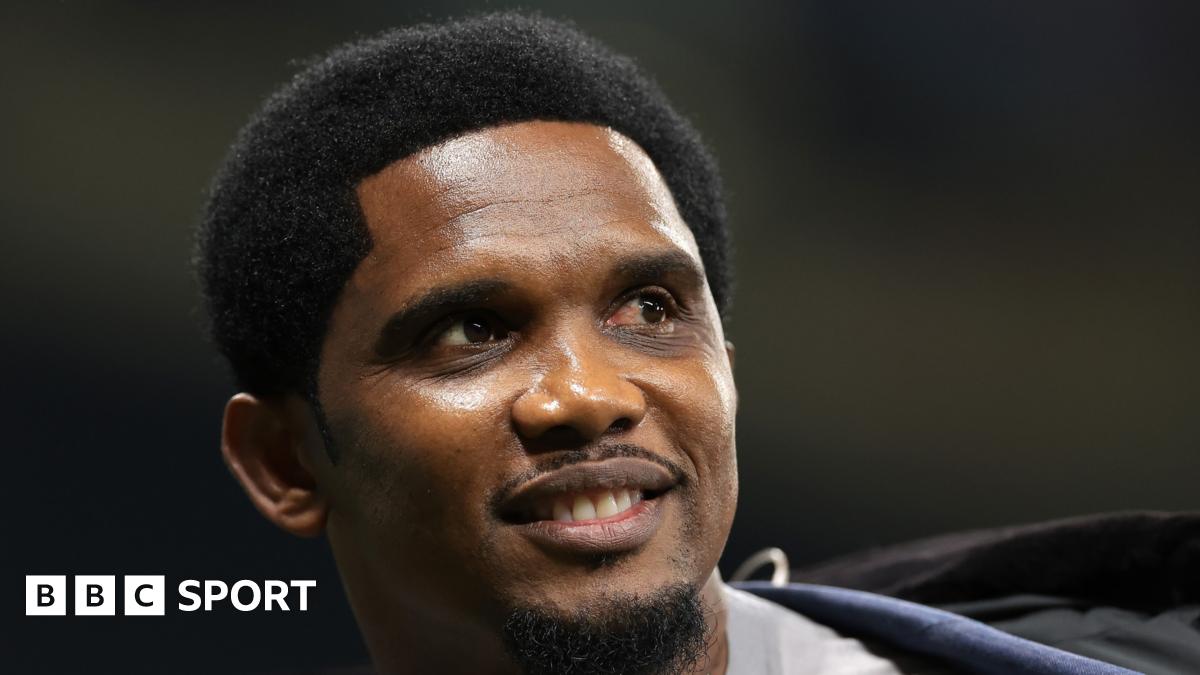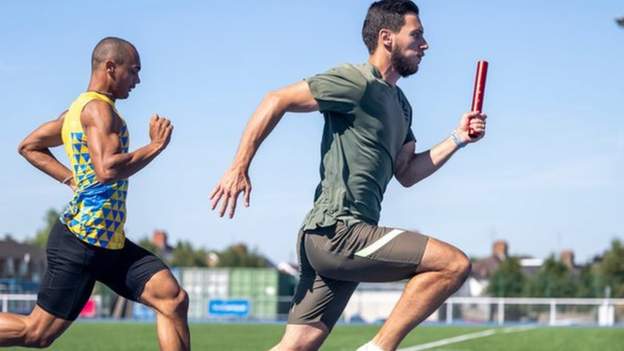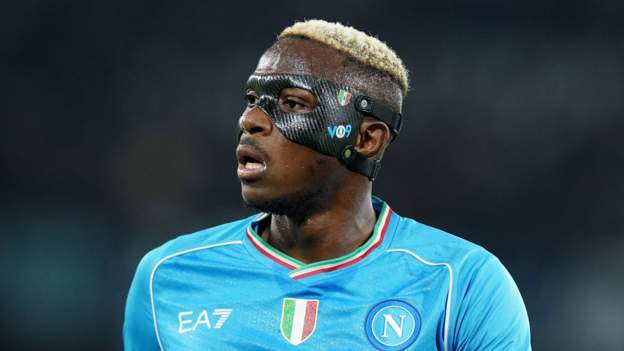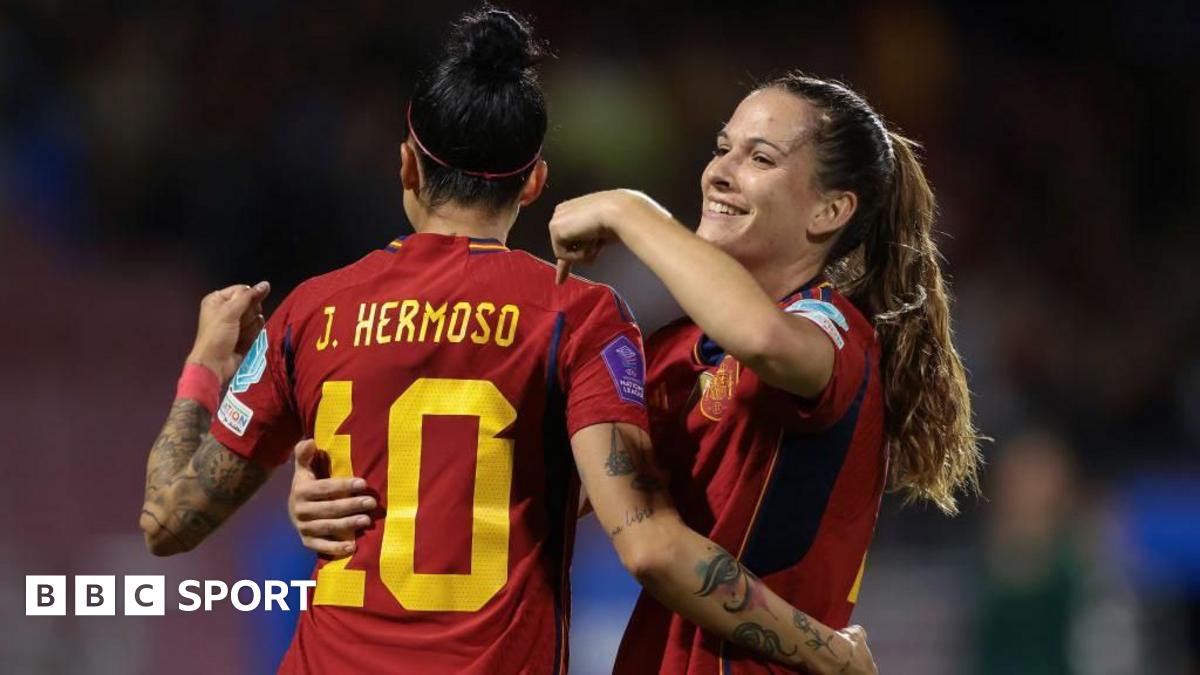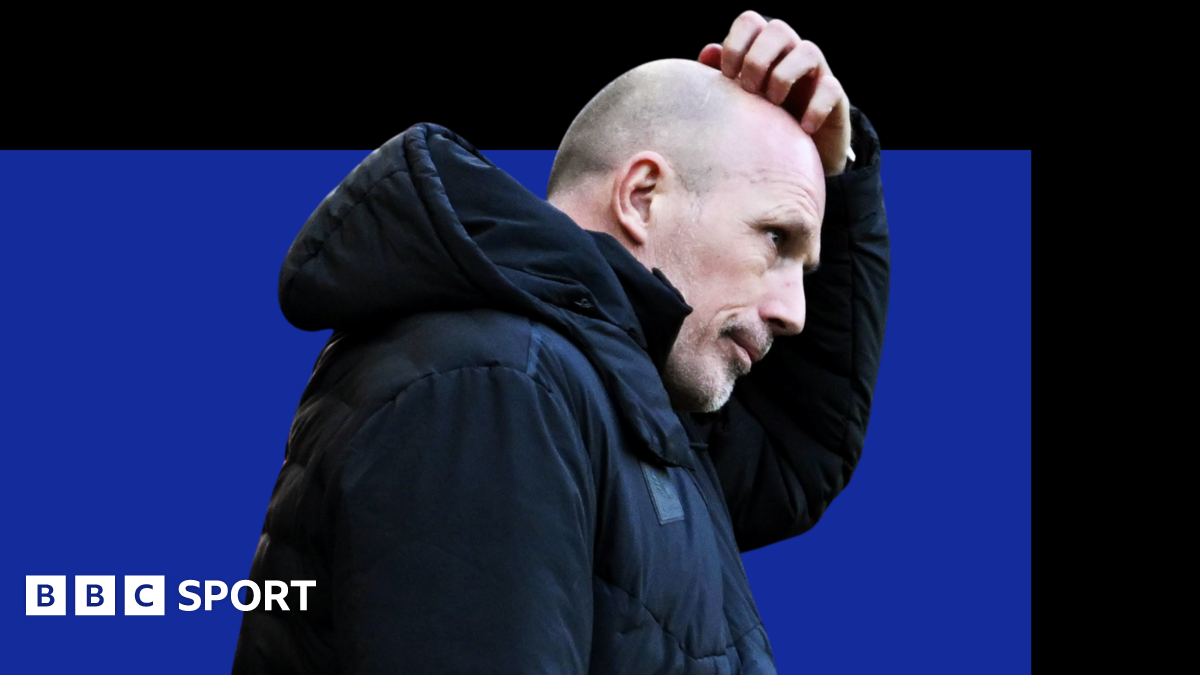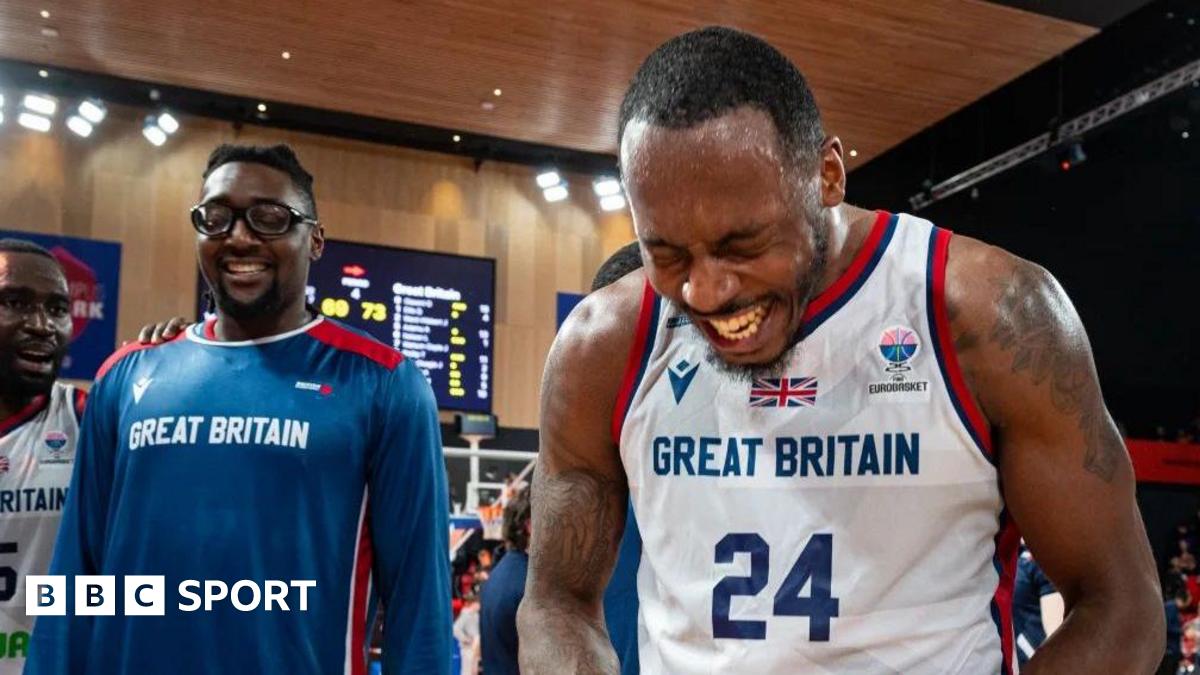A group of Ukrainian athletes have returned to Cardiff Metropolitan University as they set their sights on a new goal of representing their country at the Olympics.
Now, alongside additional individual male and female sprinters from Ukraine, they are back in Wales with the long-term aim of racing at the next Olympics in Paris in 2024.
“Qualifying for the Olympics is the ultimate goal for any athlete,” says relay team member Andrii Vasyliev.
“The whole team was proud to represent Ukraine at the European Championships but we were not satisfied with our result [failing to reach the final], so now we have set ourselves a new target of qualifying for the Olympics in 2024.
“Now it’s harder to train in Ukraine because there is no electricity, no water or heat in our flats and houses, so it’s difficult to train there. Thankfully we got our opportunity to train here.
“Of course it’s difficult and we’re glad there is such help from other countries, especially Wales. Now we have set our goals, we have a plan and I believe in our team.”
Simply getting to the start line at the European Championships in Munich was an achievement for Ukraine’s runners, who have been without a home since Russia invaded their country in February.
Vasyliev and his team-mates have been forced to live on the road, first in the Czech Republic and Bulgaria and then in Wales, where they will return for further training camps between now and the Paris Olympics.
“It’s amazing to see them grow and develop not only as sportsmen but as individuals, and to see what they’re doing for their nation is phenomenal,” says Gareth Walton, a performance coach at Cardiff Met who helped set up the initial partnership through his friendship with Ukraine sprint coach Sergiy Basenko.
“This showcases what Wales and Cardiff Met can offer in terms of facilities, coach development and a safe place for athletes to train and thrive.
“For me, the icing on the cake would be to get these guys to run at the Paris Olympics. That would be an amazing achievement.”
Cardiff Met have pledged £400,000 over the next two years in fellowships and scholarships as well as the support provided to the Ukrainian sprinters.
“We’ve really got a lot out of it and I know the athletes and coaches have as well,” says Ian Bezodis, a senior lecturer in sport biomechanics at the university.
“We’ve had discussions with coaches in Ukraine about helping with their coach education and programmes as well, another area we’re looking to explore.
“It was great to see them race in Munich and get a season’s best. We’re really looking forward to seeing them progress with the indoor season now.”
The Ukrainian sprinters will return to their home country on Friday, via two flights and a bus journey from Polish capital Warsaw.
As the war rages on in Ukraine, it will be a Christmas like no other for these athletes. But with a return to Wales on the horizon, they know they have a home from home.
“There’s a huge difference between how we live in Ukraine and how we live in Cardiff,” says Vasyliev.
“My family is good despite the fact they are close to the war line, 90% of my home region has been occupied.
“I’m so excited to see my family. I can’t wait to see them and hug them.”

